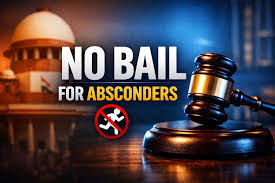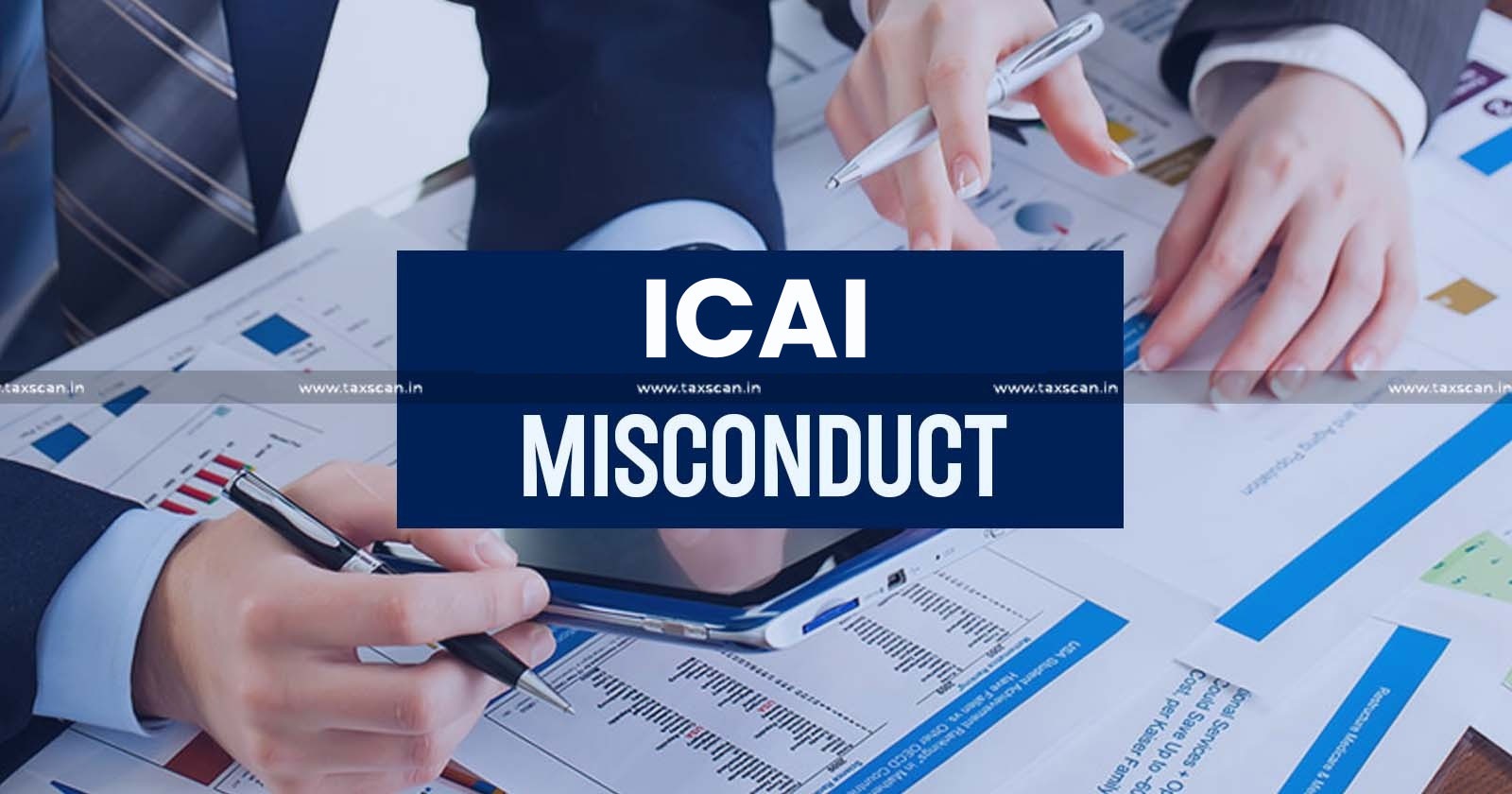Rekha Mittal, J.@mdashThe petitioners have approached this Court u/s 482 of the Code of Criminal Procedure (in short ''the Code'') for quashing order dated 13.01.2012 passed by the Judicial Magistrate Ist Class, Ludhiana in criminal complaint No. 4/1 dated 26.03.2010 for offence punishable under Sections 406, 420, 465, 467, 468, 471, 120-B of the Indian Penal Code (in short ''IPC'') by which the petitioners have been summoned to face trial for the aforesaid offences as well as criminal complaint (Annexure P1) filed by respondent No. 2.
2. Counsel for the petitioners contends that mutation in regard to the land in dispute was sanctioned in favour of petitioner No. 2 in the year 1963 and it has been duly reflected in the jamabandi for the year 1968-69 (Annexure P6). It is further argued that land in dispute does not belong to Gurudwara/Dharamshala Bawnaji and the petitioners are sought to be prosecuted by alleging that they had committed fraud and forgery in regard to land purported to be owned by the Gurudwara. It is further argued that notification (Annexure P4) was issued on March 18, 1931 by the Punjab Government by invoking the provisions of the Gurudwara Act 1925 and as per the notification, all rights, titles and interests in the properties claimed to belong to Gurudwara having invested in the State of Punjab. It is further argued that as per notification dated 15.10.1998 (Annexure P5), the members of the Committee for Gurudwara Manjit Sahib Patshahi 6th at Ludhiana Khadoor West, District Ludhiana were elected to manage the affairs of said Gurudwara. According to counsel, if petitioner No. 2 has in any manner dealt with the property of Gurudwara, it is for the Managing Committee of Gurudwara Manjit Sahib Patshahi 6th to initiate action against the petitioners. It is argued with vehemence that the alleged Managing Committee of Gurudwara Bawnaji has got no locus standi to initiate the criminal proceedings against the petitioners, when otherwise litigation is pending in the civil court in regard to transfer of land in dispute by petitioner No. 2 through sale deed dated 30.06.2008 and petitioner No. 2 shall be bound by the decision of the civil court. The last submission made by counsel is that criminal proceedings initiated against the petitioners are nothing but abuse and misuse of process of law, thus, liable to be quashed.
3. Counsel for respondent No. 2 has submitted that as a specific remedy of revision to challenge the summoning order is available to the petitioners, they are not entitled to seek indulgence of this Court in exercise of inherent jurisdiction u/s 482 Cr.P.C. It is further argued that petitioner No. 2 is not the owner of the land in dispute in his own right, therefore, he is guilty of alienating the land in favour of his vendees and sale deed dated 30.06.2008 in regard to land measuring 85 kanals 7 marlas has been executed by petitioner No. 2 in favour of his daughter-in-law Kulwinder Kaur petitioner No. 1 with an intent to defraud the public at large.
4. I have heard counsel for the parties and perused the case file.
5. The plea of the petitioners to challenge the locus of Nazar Singh as President of Gurudwara Bawnaji to initiate the criminal proceedings is misconceived and merits outright rejection because any person from the public can set the law in motion in regard to commission of an offence.
6. The petitioners have sought to raise disputed questions of fact which are not amenable to adjudication in exercise of extra-ordinary jurisdiction u/s 482 Cr.P.C. However, perusal of the entries in the jamabandi (Annexure P6) would make it apparent that mutation bearing No. 3227 was sanctioned in favour of petitioner No. 2 as Chela of Mukt Ram and Mukt Ram was admittedly the earlier Mahant managing the affairs of the land in question. Counsel for the petitioners fairly concedes that after death of Mukt Ram, Ram Chand father of petitioner No. 2 was appointed as Mahant and Ram Chand alienated some property to one Inder Singh son of Rattan Singh, which became subject matter of litigation upto this Court and transfer of land by said Ram Chand in favour of Inder Singh was set aside by the court below and the findings recorded by the court below were affirmed by this Court.
7. The provisions of Section 482 Cr.P.C. are meant to be used to achieve the twin objects engrafted in the section itself namely to prevent abuse and misuse process of law; and/or to secure the ends of justice. This apart, the power u/s 482 Cr.P.C. is to be used sparingly and in exercise of this power, the Court cannot embark upon an inquiry to determine truth or falsity of allegations levelled against the accused. Keeping in view the conduct of petitioner No. 2 in alienating a huge chunk of land measuring more than 10 acres inherited by him in his capacity as Chela of earlier Mahant without accounting for sale consideration of about Rs. 1 crore, I do not think it to be a fit case wherein petitioner No. 2 deserves indulgence of this Court for quashing of criminal proceedings.
8. Pendency of civil proceedings in regard to the land in dispute cannot be taken as sufficient to debar launching of criminal proceedings. Above all, the summoning order passed by the trial Court is amenable to revisional jurisdiction under Sections 397/401 Cr.P.C. as has been held in a catena of judgments rendered by the Apex Court.
9. The Hon''ble Supreme Court of India in
So far as the inherent power of the High Court as contained in Section 482 of Cr.P.C. is concerned, the law in this regard is set at rest by this Court in a catena of decisions. However, we would like to reiterate that when an order, not interlocutory in nature, can be assailed in the High Court in revisional jurisdiction, then there should be a bar in invoking the inherent jurisdiction of the High Court. In other words, inherent power of the Court can be exercised when there is no remedy provided in the Code of Criminal Procedure for redressal of the grievance. It is well settled that the inherent power of the Court can ordinarily be exercised when there is no express provision in the Code under which order impugned can be challenged.
10. No other point has been raised.
11. In view of what has been discussed hereinabove, finding no merit, the petition is dismissed.

